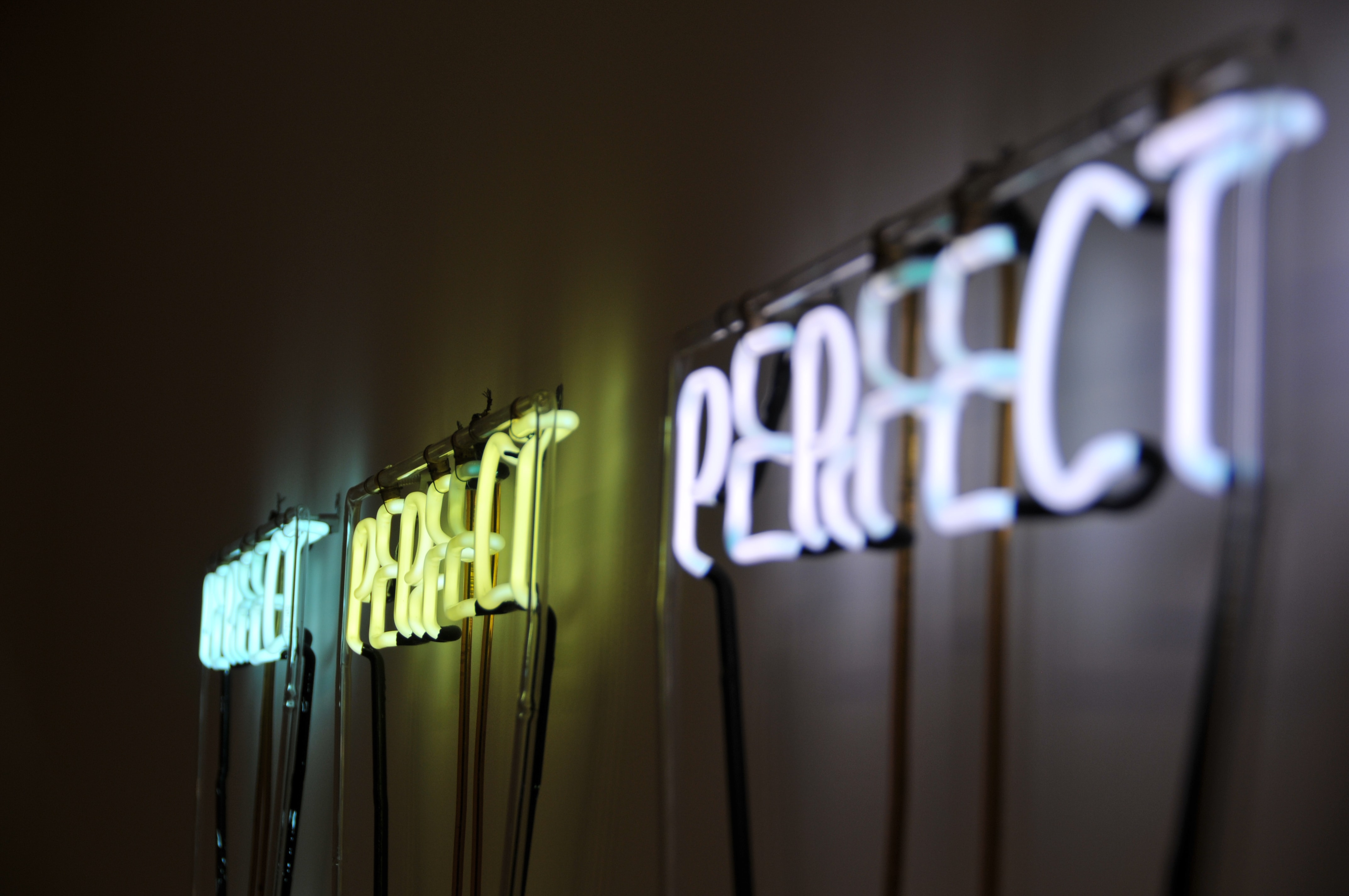September 7, 2021
Excerpted from interview with Margaret Ghielmetti on ThriveGlobal with thanks to Arianna Huffington, Yitzi Weiner, Tallulah Films (Karina Michel Feld.)

What exactly is a perfectionist?
MG: For me, perfectionism means zero tolerance for gray areas — in myself. I don’t mind if others fall short, but — for me — it’s: get it perfect or go home. Even though I’ve done a lot of personal growth work around this, I still can feel like a failure if I do something “only” 99% well.
The premise of this interview series is making the assumption that being a perfectionist is not a positive thing. But presumably, seeking perfection can’t be entirely bad. What are the positive aspects of being a perfectionist? Can you give a story or example to explain what you mean?
I’m very grateful for my perfectionism when it comes to my integrity: I work hard to make my actions match my intentions. I’m also grateful that I didn’t let anything fall through the cracks in caring for my parents at the ends of their lives.
What are the negative aspects of being a perfectionist? Can you give a story or example to explain what you mean?
I spend far more time on re-work than non-perfectionists even consider doing! My husband gently reminded of this when my book was written and nearing publication: I got engrossed in proofreading the manuscript (again!) even knowing that my publisher would be paying for a professional proofreader. There is always a part of me that wants to earn an A+, even when grades aren’t being handed out.
From your experience or perspective, what are some of the common reasons that cause a perfectionist to “get stuck” and not move forward? Can you explain?
Fear is what I recognize in many perfectionists. Fear that if we’re not perfect, we won’t be lovable or acceptable (or whatever our “old story” would have us believe.)
I recognize these very old defense mechanisms (a shout out here to wise guides and therapists!) as I struggle to live my best (imperfect) life.
Here is the central question of our discussion. What are the five things a perfectionist needs to know to get past their perfectionism and “just do it?” Please share a story or example for each.
My book’s title is Brave(ish): A Memoir of a Recovering Perfectionist, so I’m a work in progress here. But this is what works for me:
Be kind to your perfectionism: it’s been trying to keep you safe for a long time — probably since childhood. Be in acceptance of it versus making it wrong: making it wrong will not make it go away. When I was writing my book, and I’d actually feel my perfectionism creeping up to sit next to me at my laptop, I’d say as gently as I could, “Hey, thanks for stopping by. I know you want the best for me, but why not go get a relaxing herbal tea — on me! You take a break, and I’ll be here doing my thing the best I can.”
Ask yourself what’s the worst thing that could happen if you don’t do something perfectly. Then “play that tape” all the way to the end. When my husband and I lived overseas, and friends visited us in every exotic locale, I believed that the world would end if I didn’t provide the perfect guest experience. But, in fact, even if folks didn’t see dolphins when snorkeling in the Red Sea, or the Tuscan gelateria was out of whatever fantastico ice cream flavor I’d promised, or even if I forgot to pack bug spray for the jungles of Northern Thailand . . . our guests may have been disappointed or frustrated for a moment, but they got over it. They forgave me. No one died. And the world kept on spinning.
Remind yourself of WHY you’re committed to something, then let your higher self and your purpose buoy you up and pull you forward, past your fear. A quote I love is, “Courage is fear that has said its prayers.” This applies to letting go of perfectionism, too: it takes courage. My WHY as an artist is to entertain and to offer inspiration, hope, and the knowledge that we are not alone. During my solo show, “Fierce,” about growing up with my mom, I forgot a few lines. Lines that I had written and I had rehearsed — a lot. I thought this was unacceptably imperfect. But — after the curtain dropped — an audience member approached me to say that my show had moved him to Just Do It in re-connecting with his mom. My WHY is not to offer a mistake-free experience, but — rather — to connect.
Know that everything is a choice. That knowledge removes a lot of excuses for me. In preparing for this video, I asked myself was I really going to allow my perfectionism to convince me that I needed to fuss over my thousandth revision until I got it 100% perfect? Or would I choose to believe that what I was offering was — in fact (I hoped) — “good enough” . . . and then choose to send it out into the world? 99% versus 100 % is a choice.
Lastly, as much as I think we should be kind to our perfectionism, we also gotta be kind to ourselves. Imagine what you would say to someone you love if they were to fall short of perfection. Then apply that gentle standard to yourself. None of us is perfect. We’re not meant to be perfect. We’re human. So be nice. Be you. Share your gifts. Just Do It.

Margaret Davis Ghielmetti has lived on four continents and has visited nearly fifty countries. She is a Live Lit storyteller who has won two StorySLAMs with The Moth. She wrote and performed a solo show, “Fierce,” about refinding her creative expression, and is passionate about sharing the beauty of the world through her photos. She and her Swiss-born husband, Patrick, can be found in Chicago when they’re not out exploring.
Affiliates/Partners
Testimonials
Contact
Join CWA
Member Directory
My Account
Writers Conference
Presenters
Agents and Publishers
Pitch Sessions
Sponsors
Scholarships
Speaker Registration
Book of the Year
Spirit Award
First Chapter Contest
Resources
Home
Chicago Writers Association
info@chicagowrites.org
Make a Difference!

